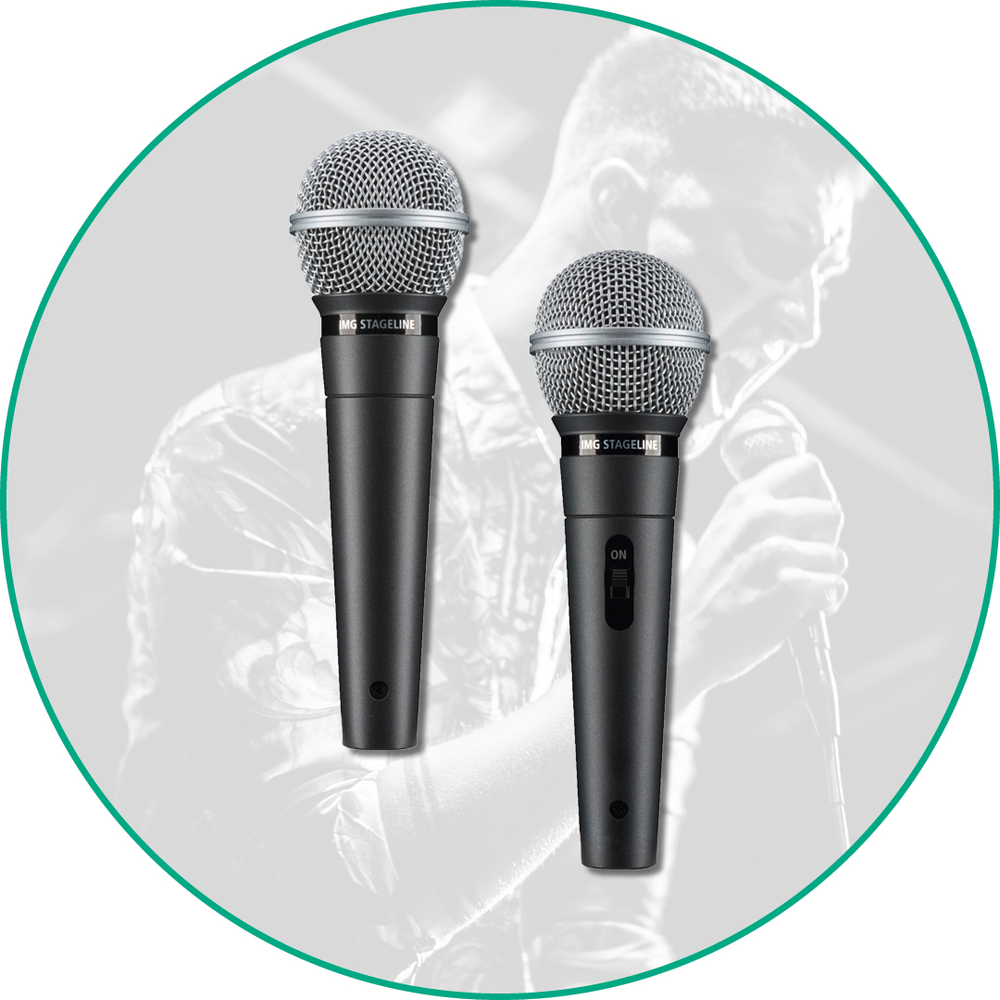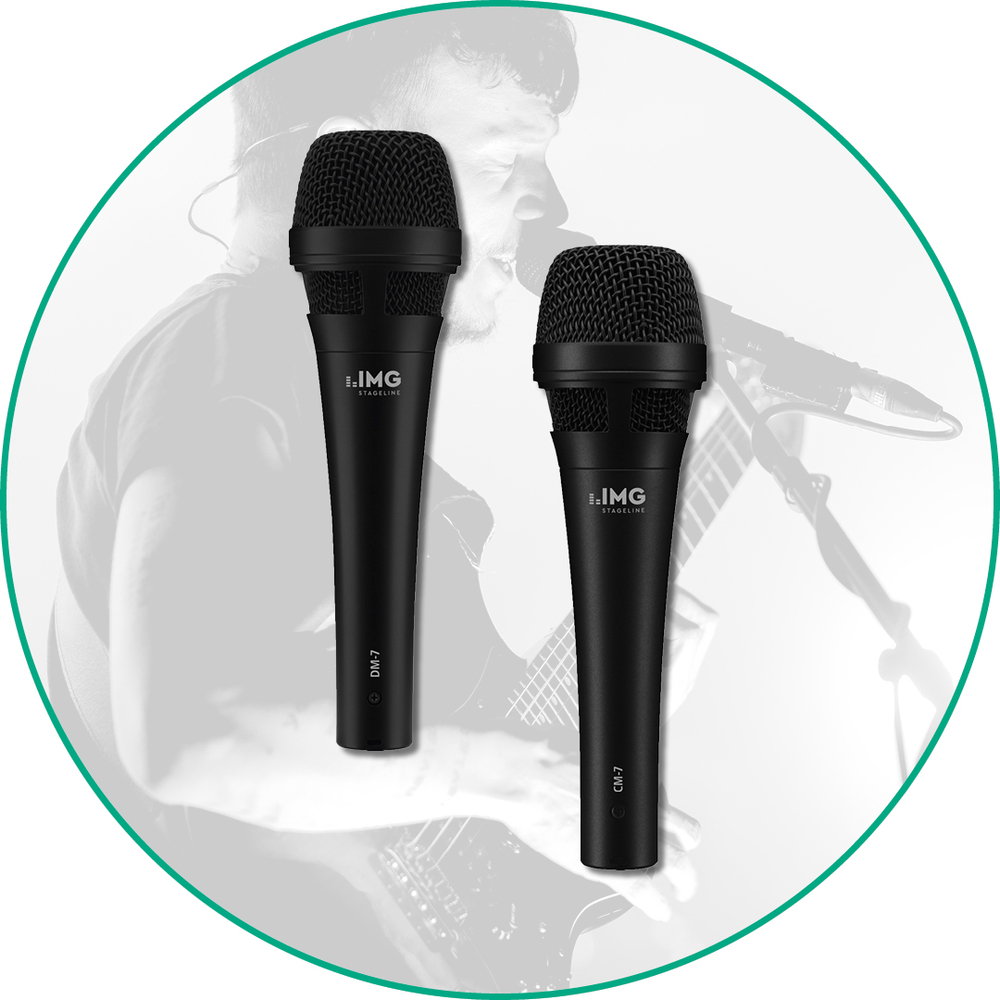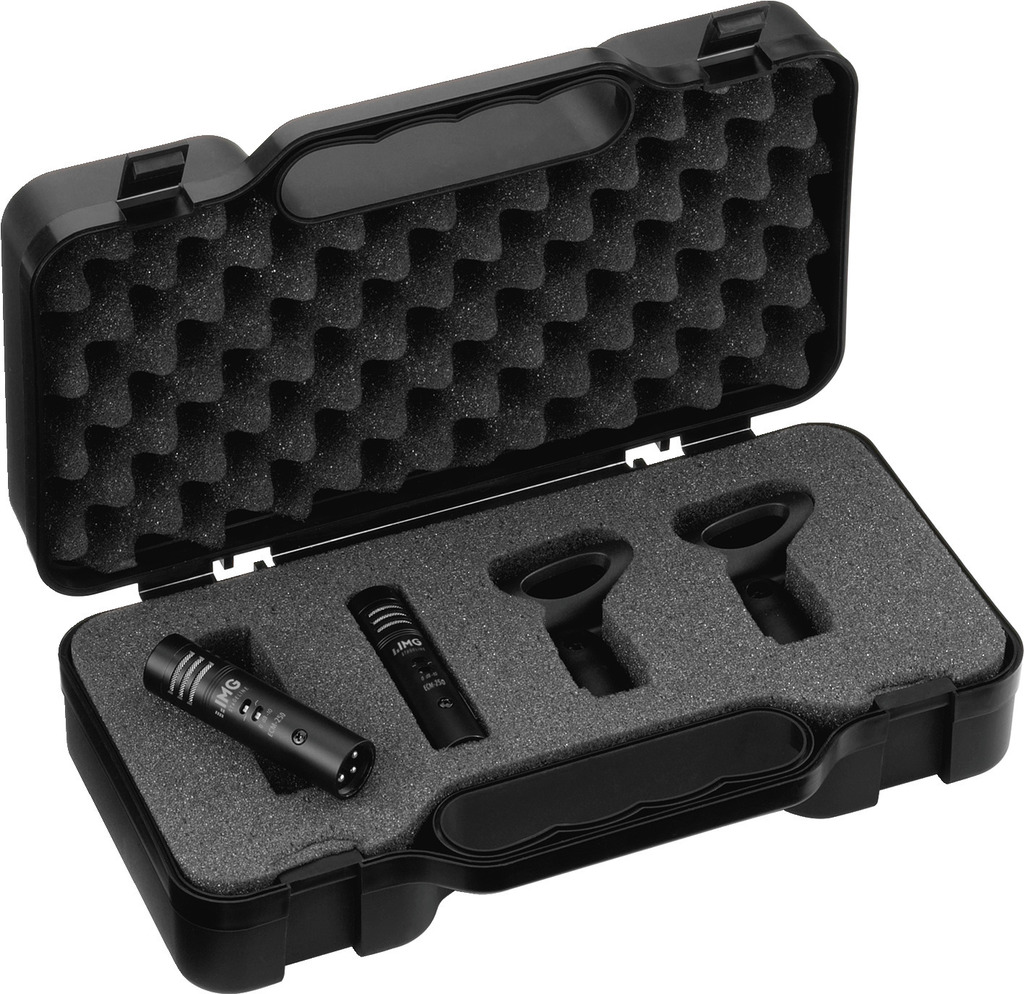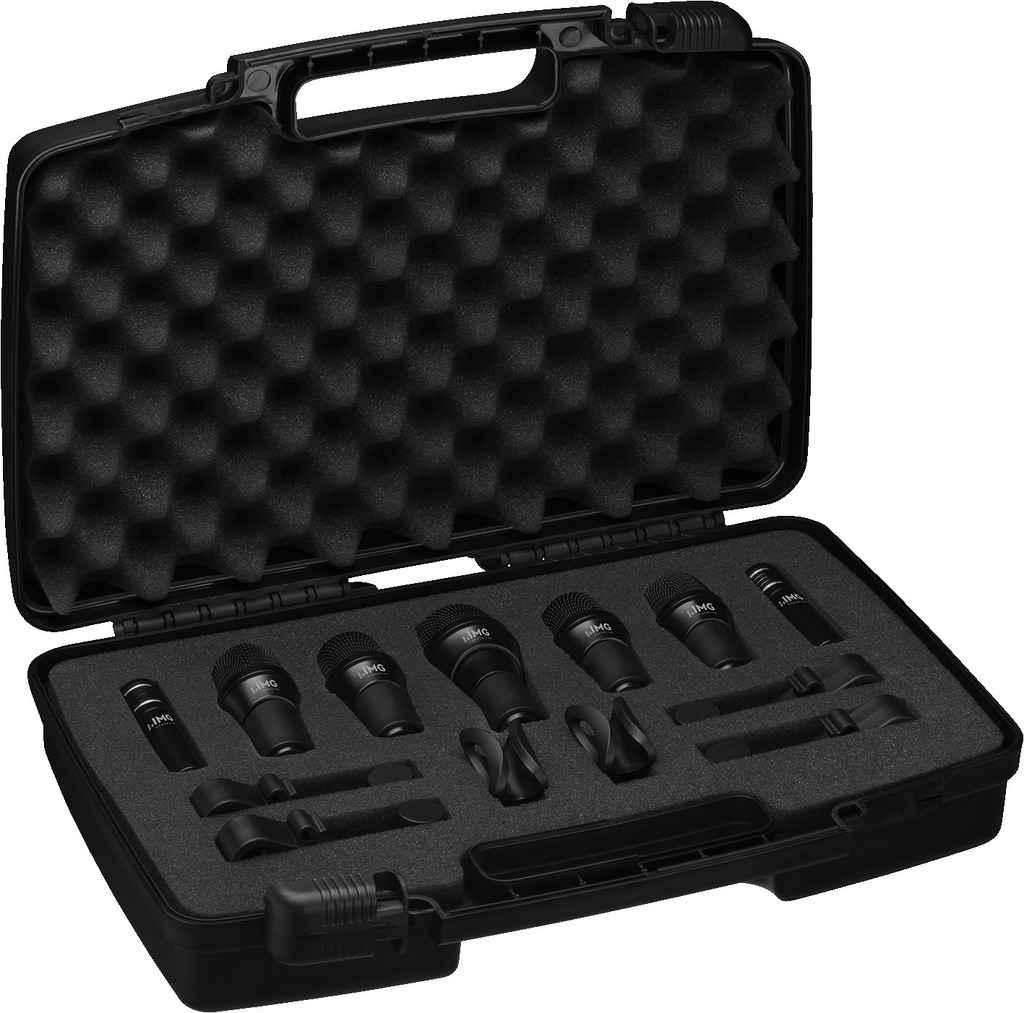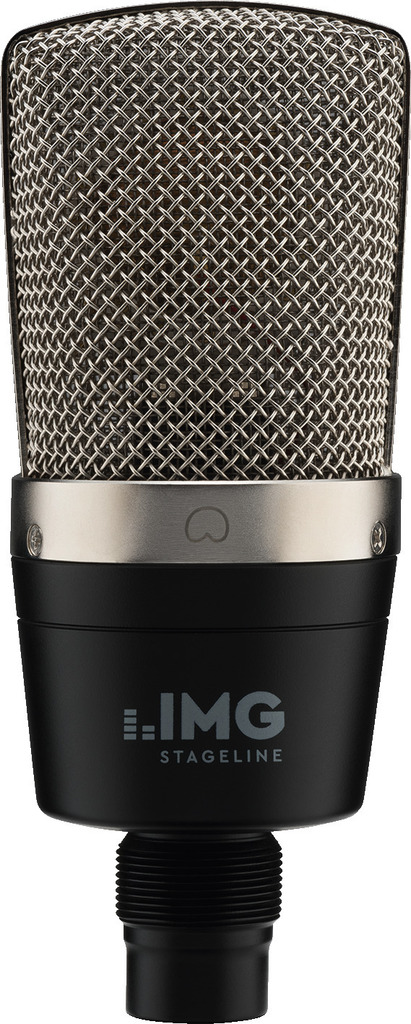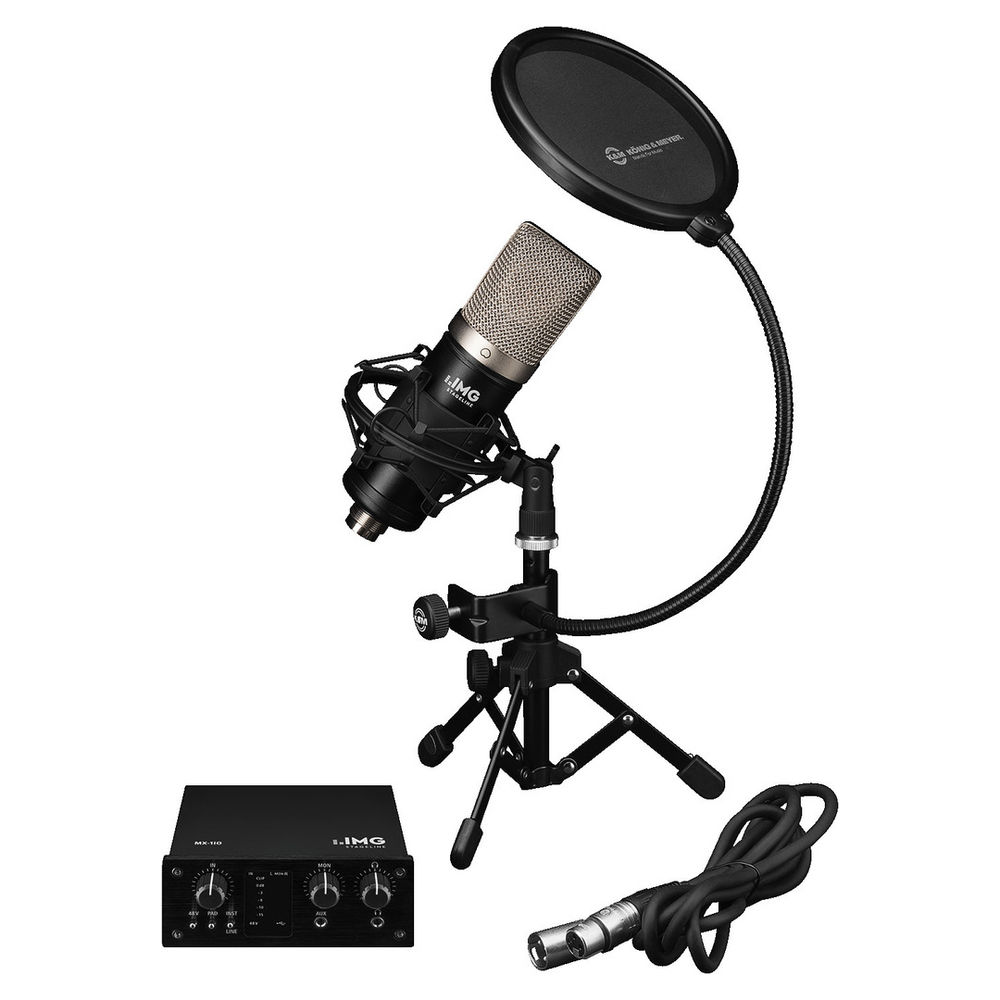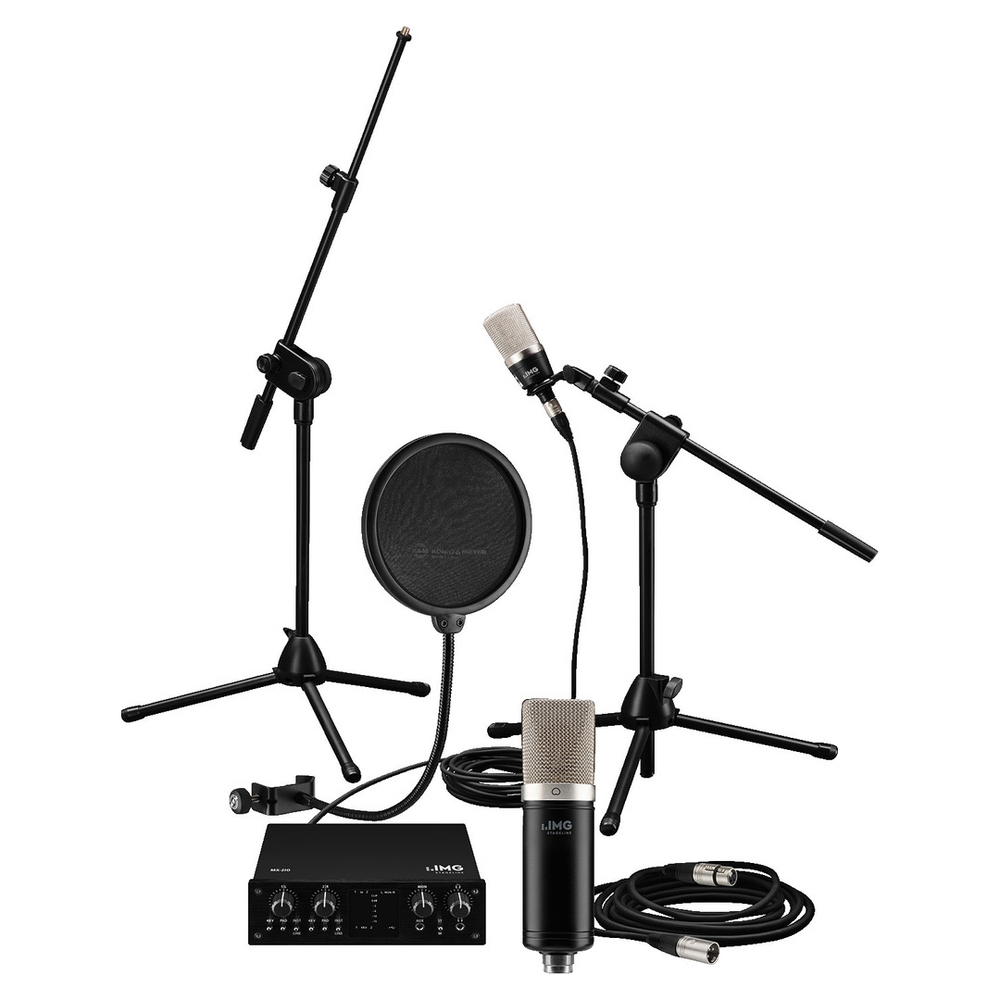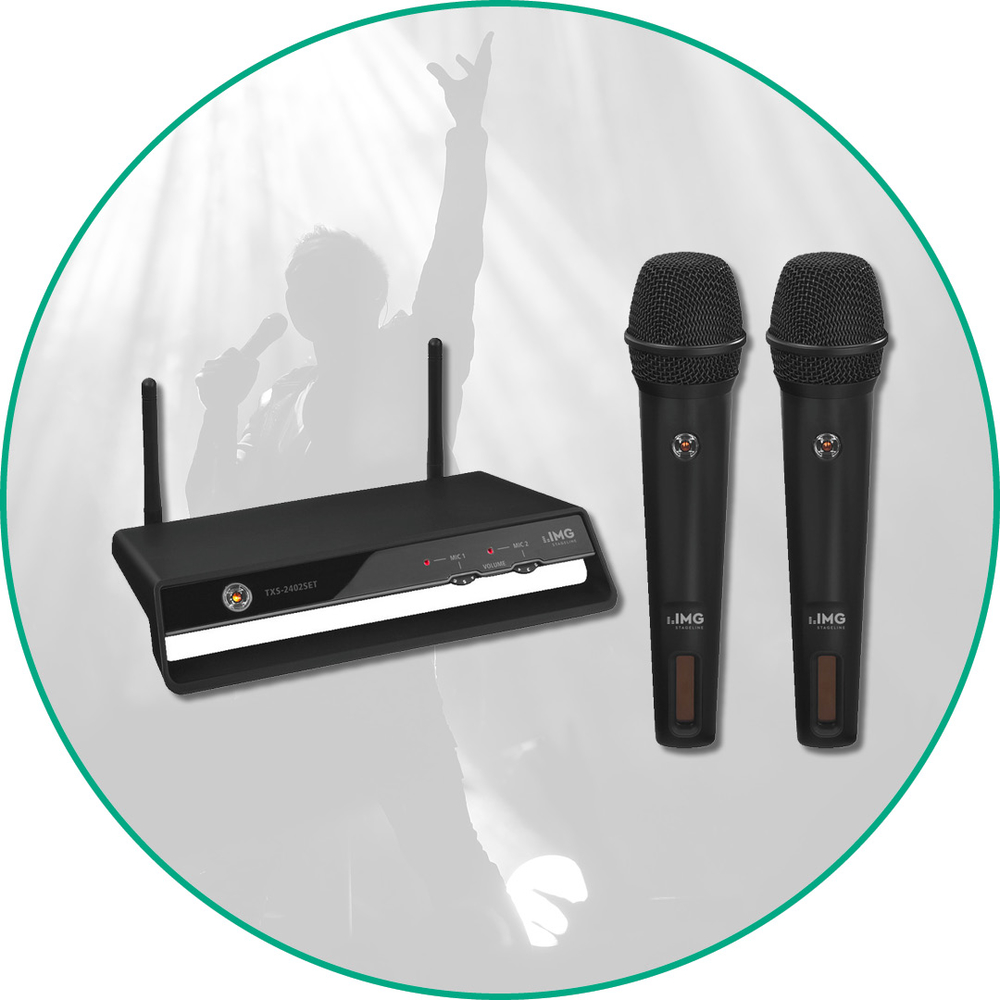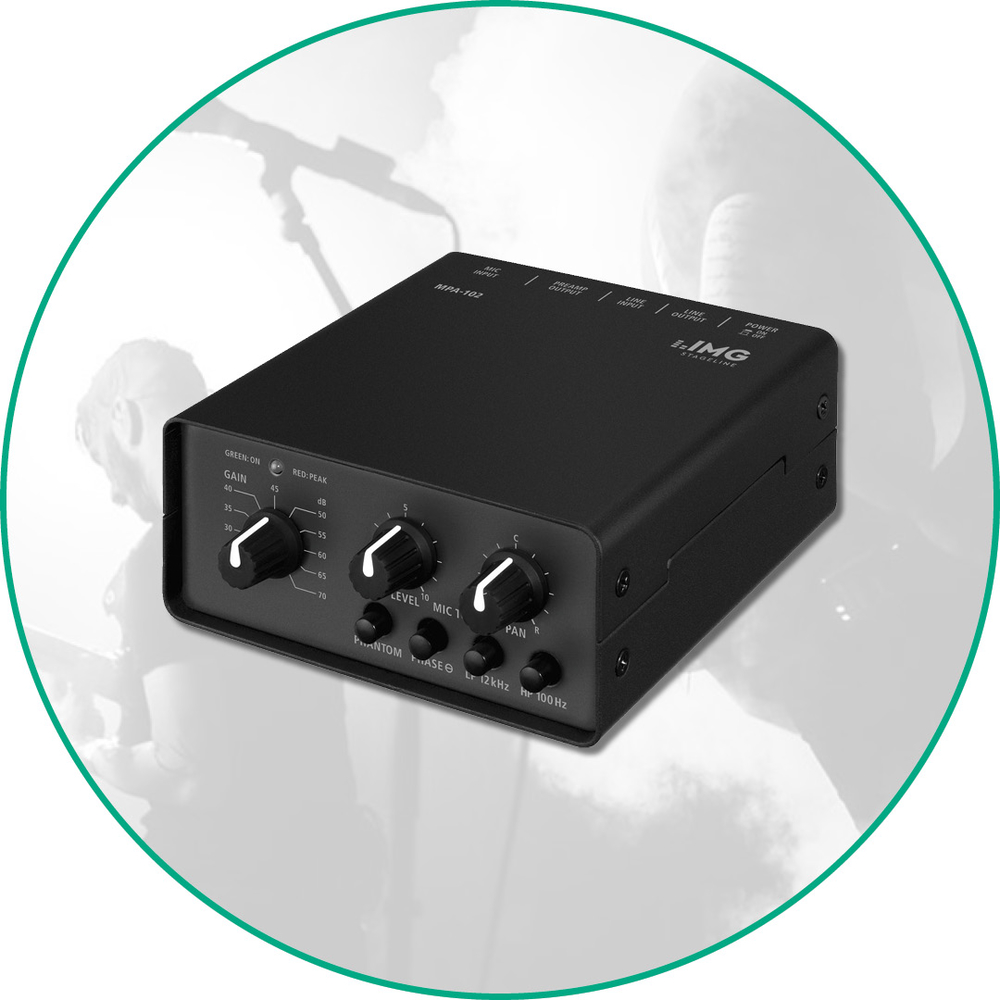DYNAMIC OR CONDENSER? BREAK WITH EXISTING THINKING PATTERNS ABOUT MICROPHONES
We believe that the times when condenser microphones were solely used as studio microphones and dynamic microphones were solely used for live performances are over. There could very well be good reasons to use a dynamic microphone as a studio microphone or recording microphone. And if you like the warm sound of a condenser microphone, you should definitely try one at a live performance.
TWO REASONS WHY YOU SHOULD DEFINITELY TEST A DYNAMIC MICROPHONE IN THE STUDIO
1. LESS BACKGROUND NOISE
Yes, condenser microphones are great because they capture and provide a very clear reproduction of vocals and instruments. These microphones are sometimes able to even pick up acoustic subtleties which their dynamic counterparts cannot. This is often required because with the details and ambience, the sound appears to be more realistic. However, it can also lead to problems. Live recordings in the studio can be more challenging with these microphones, especially if the acoustics in the home studio are not perfect and there is a lot of sound interference.
Dynamic microphones usually provide a more powerful sound and thus are more convincing, especially when picking up the sound of certain instruments or genres. The reduced susceptibility to feedback can also be a tremendous advantage in studio applications. At the end of the day it simply means: just try it out.
2. HIGH RELIABILITY
Dynamic microphones can survive extra high volume levels without any loss in quality or functionality. A microphone can sometimes be exposed to very high sound pressure levels, even if it is only due to a brief operating error. With condenser microphones, this may cause damage whereas with dynamic microphones, this is rather unlikely.
Compared with condenser microphones, dynamic microphones have a much longer service life. They are almost indestructible. Dust, dirt, vibrations? Dynamic microphones usually remain unaffected by it. Dynamic microphones contain much less electronics. Thus, they can also handle small amounts of liquid. Of course, your studios and recording bunkers are by no means dusty, dirty or damp, are they?. Nevertheless: it may be useful for studio applications, if you can rely on a microphone which is able to withstand a minor accident.








